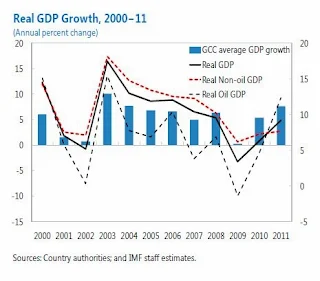UAE employees who stay outside
the Emirates for more than six months can have their labour cards cancelled.
This was revealed at the weekly labour ministry meeting, according to 'Al
Ittihad' newspaper. Companies must submit proof of absence along with documents
of due settlement. The ministry officials refused to accept an employer's
request to cancel an Arab's labour card who has been outside the country for
only five months.
The company was asked to wait
for another month and then submit the proof of the worker’s absence to the
department of naturalisation and residency along with documents to prove settlement of all his
dues. Only then can the employer apply
for cancellation of the worker's labour card.
Amending Labour Contract
Addressing another case,
ministry officials clarified that companies can amend labour contracts - change names of
professions or salaries - only in the presence of the employees concerned. Else it will be considered
a violation of labour rights.
Temporary work permit
Issuance of temporary work
permits would depend on the type of labour dispute and would be considered by the ministry only once
the case has been referred to the labour
court. Once the terms and conditions as stipulated by the labour laws are
adhered to, the ministry reserves the right to issue temporary work permits
without the approval of employers. Similarly, the worker in dispute, need not
necessarily have a residence visa provided it is proved that the case has
been referred from the labour court.
Job transfer
Workers under three skill
levels can end their contract without an agreement with the employer even before completing two
years. They include employees who have a
bachelor's degree and earns a minimum Dh12,000; or diploma holders with
Dh7,000 monthly salary; and those who
possess secondary school certificate earning
Dh5,000.
Meanwhile, officials approved
a request of a company to hire as director a British who has no university degree but holds a
certificate from a institute which he
attended for three years after high school.
Explaining its decision, the
labour committee, including Khalil Khouri, Director of work permits, and Saleh Al Jabri, Director
of the Unit of facilities in Abu Dhabi,
said in this case the employee has 10 years’ experience in the same job at the headquarters of the company in his
country.



